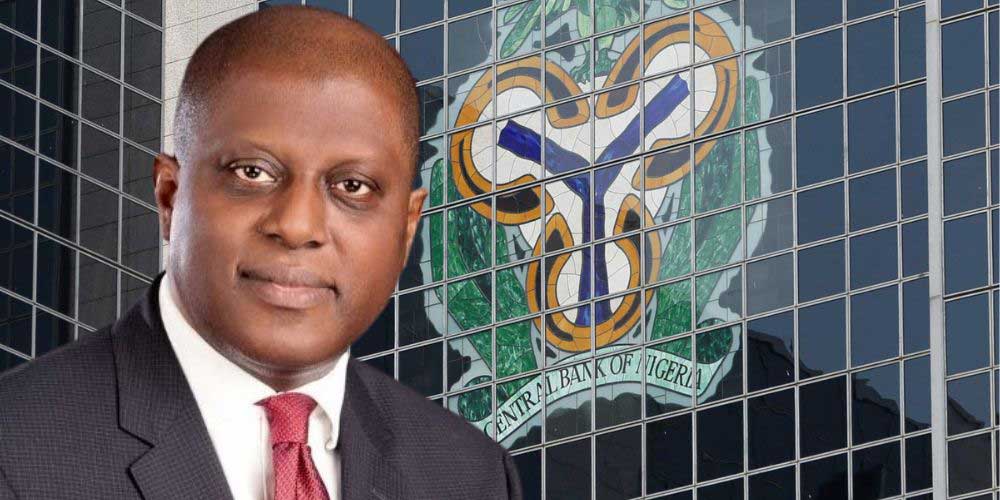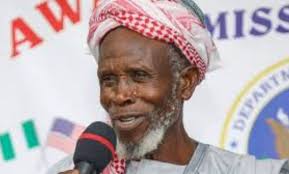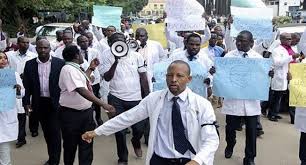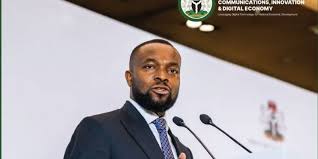
Governor of the Central Bank of Nigeria (CBN), Olayemi Cardoso, has reaffirmed the Federal Government’s commitment to sustaining ongoing economic reforms, insisting that Nigeria will not allow “reform fatigue” to erode the progress achieved in stabilising the economy.
Speaking at a press briefing in Washington D.C. on Nigeria’s participation at the 2025 Annual Meetings of the International Monetary Fund (IMF) and the World Bank, Cardoso said the Nigerian delegation returned home “encouraged by renewed investor confidence” and determined to maintain a trajectory of discipline, stability, and inclusive growth.
“We want to ensure that the policies we have already applied stay the course and that we don’t allow reform fatigue to set in,” Cardoso said. “The danger of allowing reform fatigue is that you may lose all the gains already achieved. Nigerians will soon begin to feel the benefits as inflation continues to trend down.”
Nigeria to Chair G-24 from November
Cardoso announced that Nigeria will assume the chairmanship of the Intergovernmental Group of Twenty-Four (G-24) on International Monetary Affairs and Development effective November 1, 2025, succeeding Argentina.
He described the appointment as a recognition of Nigeria’s growing influence in shaping global financial and economic policy.
“This milestone highlights our country’s rising influence in global financial architecture,” he said, commending Luis Caputo, the outgoing chair, and Iyabo Masha, Director of the G-24 Secretariat, for their leadership.
The CBN Governor said engagements with the IMF, World Bank, rating agencies, and global investors during the meetings revealed a consensus that Nigeria’s reforms are producing tangible results.
According to him, headline inflation dropped for the sixth consecutive month to 18.02 per cent in September, the lowest in three years, while the naira continued to strengthen, with the gap between official and parallel market rates narrowing to below two per cent.
“Foreign reserves now stand above $43 billion, providing more than 11 months of import cover. This reflects improved investor confidence and renewed inflows across asset classes,” Cardoso stated.
Fiscal Discipline and Bank Recapitalisation
The CBN Governor explained that the Federal Government was intensifying efforts to boost revenue mobilisation, cut wasteful spending, and sustain subsidy reforms, thereby creating more fiscal space for investments in infrastructure, health, and education.
He also reaffirmed that the bank recapitalisation exercise was progressing steadily to make Nigerian banks stronger, more resilient, and globally competitive.
On the financial technology sector, Cardoso described fintech firms as key drivers of Nigeria’s digital future, emphasising that innovation and regulation must progress together.
“Our fintechs are ambassadors of Nigeria’s creativity and resilience,” he said. “We want to ensure that our digital financial future is built on innovation, integrity, and inclusion.”
He added that Nigeria intends to play an active role in shaping global regulations for stablecoins and digital currencies, stressing that such innovations should enhance inclusion without undermining financial sovereignty.
Focus on Job Creation and Inclusive Growth
Also speaking at the briefing, Minister of State for Finance, Doris Uzoka-Anite, said Nigeria’s participation in the World Bank’s Human Capital and Conflict Forum aligned with the government’s drive to build job-rich and inclusive growth.
“With increasing revenues and ongoing tax reforms, we expect more investment in infrastructure, agriculture, and the digital economy,” she said. “These will catalyse job creation, particularly for youth and women-led enterprises.”
The Minister added that collaboration with international partners particularly the World Bank’s new agricultural innovation programme would enhance access to finance for women and youth entrepreneurs across the agribusiness value chain.
Confidence Rebuilding and Reform Momentum
Cardoso concluded that Nigeria’s engagements during the Washington meetings sent a strong signal of credibility, alignment, and sustained reform momentum.
“Our story is one of resilience, a nation aligning courage with conviction to build a more competitive, innovative, and inclusive economy,” he said.



